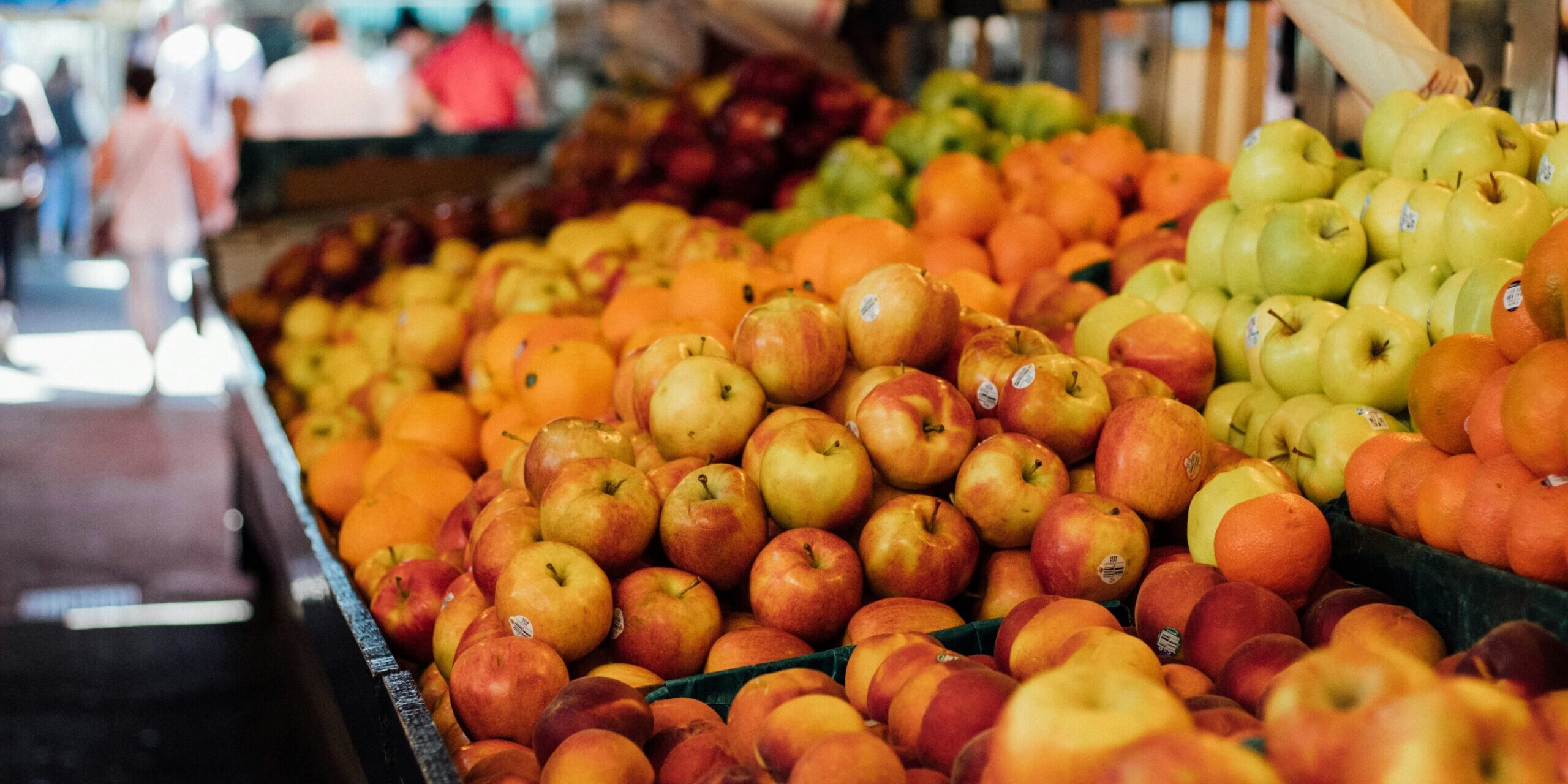Local farmers markets are becoming essential links in the regional supply chain, offering fresh insights into food sourcing and community engagement. Across many areas, farmers and local businesses are forming strong partnerships that support agriculture and enrich the culinary landscape. This trend is transforming the journey of food from farm to table, shortening the distance it travels and deepening connections between producers and consumers.
One local chef envisions a future where the region is known for its excellent restaurants and flourishing gardens. This vision is gaining traction as more local growers collaborate with nearby eateries, supplying fresh, locally-sourced ingredients. Years ago, small enterprises in the region began buying directly from local farmers, establishing long-lasting relationships that continue to thrive today.
At a bustling farmers market nestled in a scenic area, vendors and customers come together under a canopy of trees. Early in the day, farmers quickly sell their produce while the market hums with music and the delightful scents of fresh goods. These markets are more than just places to buy food; they are community centers where personal relationships are built and strengthened.
Market organizers emphasize that these events attract a diverse mix of local residents, newcomers drawn by the region’s outdoor attractions, and tourists. This variety highlights the importance of local markets as spaces for community building and supporting small-scale agriculture.
Recent studies point to the advantages of local supply chains. They reveal that more producers are selling directly to consumers, markets, and institutions, significantly reducing the average distance food travels from farm to plate. Many farmers travel less than an hour to reach their markets, ensuring fresher produce and a longer shelf life for customers.
State-supported initiatives are enhancing these efforts by helping farmers connect with larger buyers such as schools and hospitals, thereby expanding their market opportunities. These programs are designed to increase the capacity of local farmers to meet rising demand and support the agricultural economy.
The evolving food supply chain in this region is a powerful example of the benefits of local collaboration. By focusing on locality, logistics, and loyalty, these communities are building a sustainable and resilient food system. As tourism grows, these local markets and their strong community bonds are set to play a crucial role in the region’s continued success.
#ICTTMNews #SupplyChainNews #LocalMarkets #CommunitySupport #FoodSupplyChain #FarmToTable







